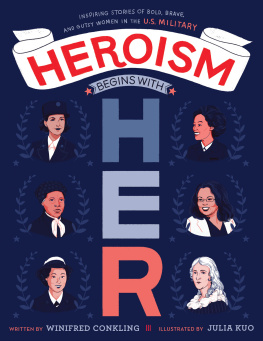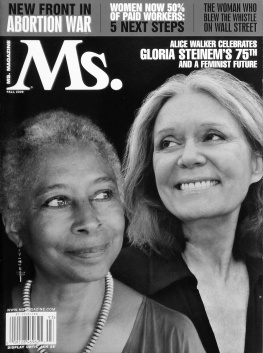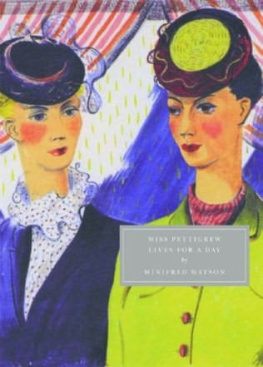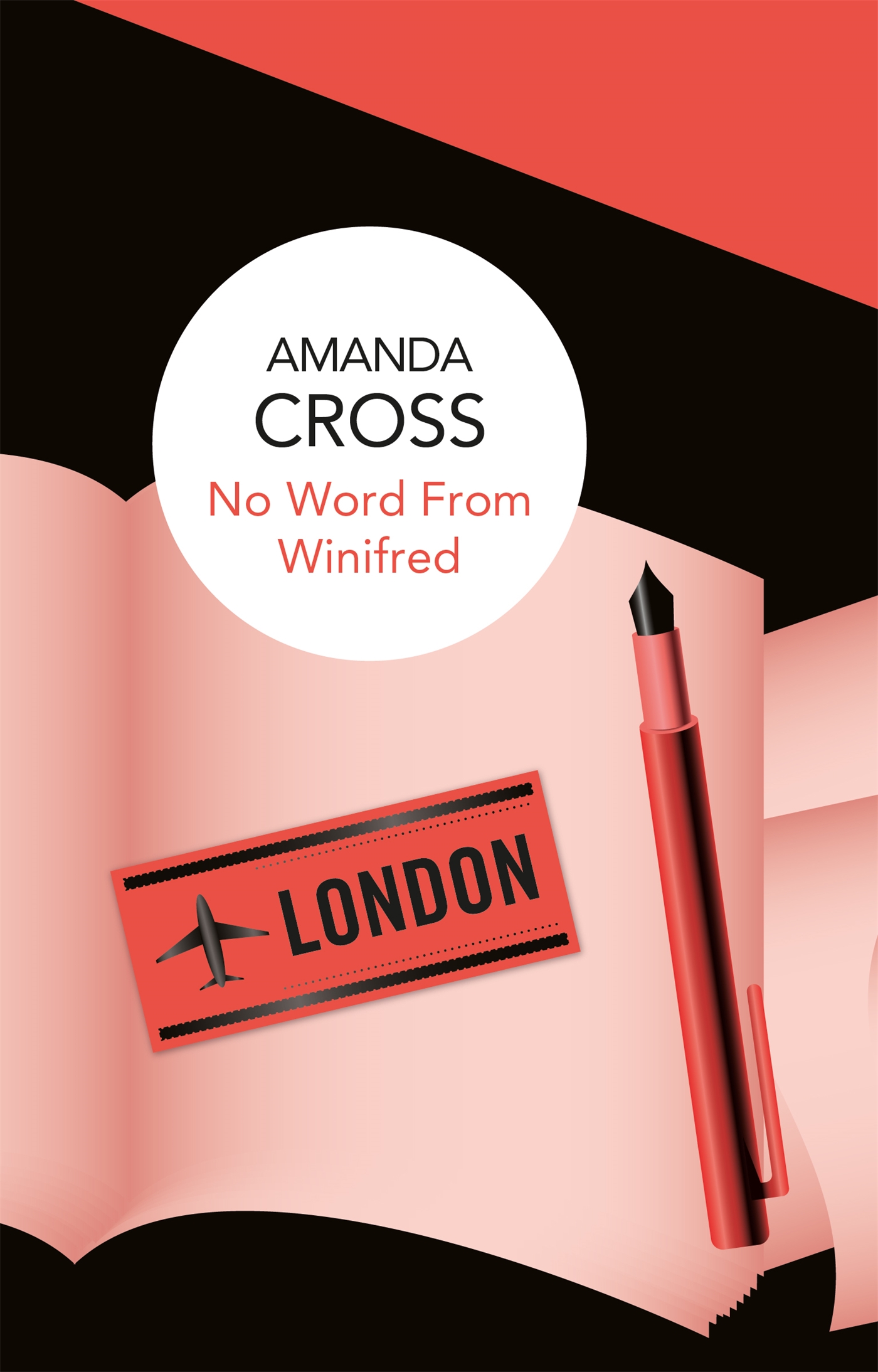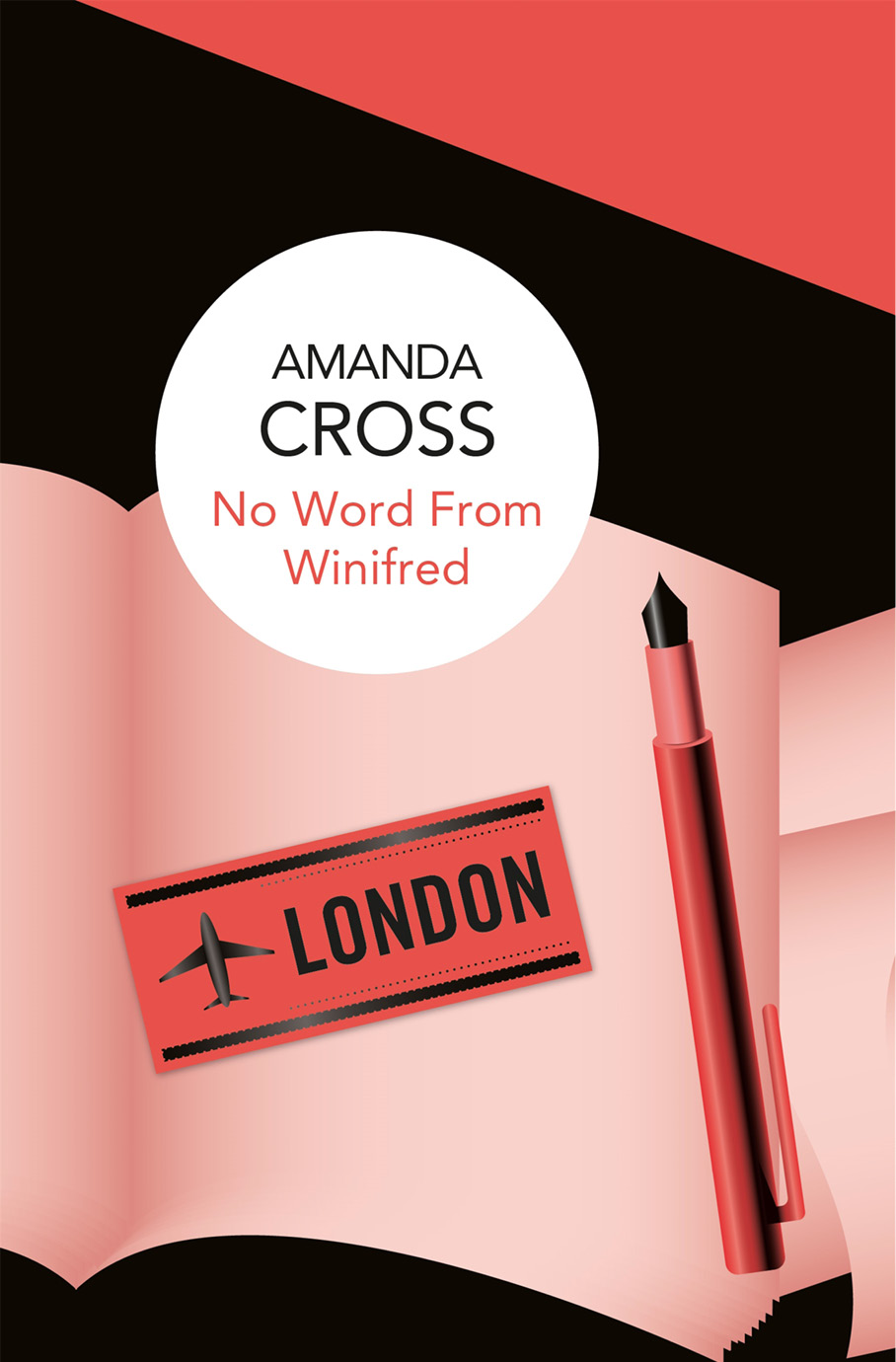ebreak
Amanda Cross
NO WORD FROM WINIFRED

ebreak
Contents
ebreak
Also by Amanda Cross
and available from Bello
In the Last Analysis
The James Joyce Murder
Poetic Justice
The Theban Mysteries
The Question of Max
No Word from Winifred
A Trap for Fools
The Players Come Again
ebreak
To Tom F. Driver
For old and new times sake
L aurence R. Fansler, the oldest partner of Darwin Darwin Erasmus and Mendel, was chatting with the next oldest partner in the firm. Chatting would have been Fanslers own description of what he was doing, but the word was, in fact, inaccurate. Fansler never chatted. He either commanded or pontificated, and when these modes appeared inappropriate, he attempted a certain tone of bonhomie for which, had he but known it, he was notorious throughout the firm. It meant Fansler wanted something.
In this case, what he wanted was consolation disguised as advice. Toby Van Dine served in all but his place on the stationery as the senior partner of the firm, the Solomon, the father confessor, the mediator, the consoler. He was a quiet man, quietly brilliant, who, unlike his senior, represented the more liberal views characteristic of his generation of lawyers. He had noted, with a certain sadness, that those who made partner these daysafter eight or nine arduous yearswere singly devoted to selfish interests and their own advancement. He tried not to brood about this, not even to think of it often. But occasionally, the cases the firm had fought in the old days returned to him, pristine in their principled glory. The effects of old age, no doubt. Toby Van Dine had just turned sixty, and was afraid.
You know these parties we always give, Fansler was muttering. Started years ago, and became a tradition. One cant stop, thats the trouble. Toby nodded. The Fansler parties, given annually in the fall for the associates, had long since become one of the burdens of the legal life at Dar and Dar, as it was known among lawyers. First- and second-year associates were asked, together with any young professionals in other pursuits whom Fanslers wife Janice could corral. The original idea had been Janices, or so Fansler claimed, and had been designed to make the young men feel more at home in New York, and meet people their own age. Fansler had accommodated, grumbling, to the women lawyers who had to be asked, as well as some of the dates brought by his very own associates. There was the year one of the young men had come with his fianceif there was another way to describe her, Fansler had no desire to hear itwho was a doctor, and who, on being asked, described the process of getting a catheter into the heart through the femoral artery in detail sufficiently fine and labored to ruin everyones appetite. But all this was in the past, and could hardly, Toby thought, be Fanslers problem.
Janice thinks we should ask my sister, Fansler said with a groan.
But you always ask her, Toby said, and she never comes.
I know, I know, but this year the thought is that we should ask her husbandAmhearst, you know. Hes teaching at Columbia Law School, and the other partners dont see why we shouldnt cultivate someone on the faculty there, particularly if hes a relative. Janice agrees, of course.
Laurence Fansler had, along with so much else in a rapidly changing world, accepted the fact that his nephews, and even one or two of his nieces, were now lawyers or doctors or working for Goldman Sachs, and had to be asked to his party. But to ask his sister seemed, to Fanslers jaundiced eye, as though Caeser had asked Brutus to brunch.
I think youre exaggerating, Larry, Toby said. Kate and Reed arent that bad. The worst you can probably say for them is that they voted for Mondale and Ferraro in 1984.
Exactly, Fansler boomed.
You might try to remember, Toby said, rising to indicate that the discussion was over, that ours is a two-party system, though you might not always notice it. Anyway, why worry? Im sure they wont come.
There is that hope, Fansler said, brightening.
Janice Fansler, duly instructed by her husband, sent out the invitations, including one addressed to Mr. and Mrs. Reed Amhearst. She was perfectly aware that Kate had kept her own name, but she considered such attitudes trendy and foolish, and refused to notice them. Having sent the invitations and alerted the caterer who ran these functions for her, she put her mind to other things.
The invitation was addressed to Reed at the Columbia Law School, and he contemplated it with a certain wry amusement. He could hear Kate now, flatly refusing to attend. The question was, should he try to persuade her to accompany him?
Hours later, letting himself into the apartment, he decided to try. Kate, who was examining a telephone bill with the expression of bewilderment and horror characteristic of those engaged in such activities, offered him the fourteen pages of the document. Has anyone considered carrier pigeons lately? she asked.
Your brother and sister-in-law, he of Darwin Darwin et cetera, have asked us to their annual party for the firms associates. Might you consent to come, do you think?
Youve been drinking, Kate said. And before you even got home. A bad sign. Is the academic life more burdensome than the quiet, steady pace of things at the D.A.s?
Theyve invited you as Mrs. Reed Amhearst. I thought maybe you could go as Kate Fansler, and observe how the other half lives. We can see the young, Fansler and other, which is always enlivening.
I would have thought you met enough of the young at law school. Do bear in mind Jane Austens descriptions of such parties: a mixture of those who had never met before and those who met too often. Reed, I dont like to sound lawyerly myself, but didnt we agree, we might even call it a verbal contract, that we would not drag each other into our dreary social obligations? If you want to attend my brothers party, go, my child, and the Lord be with you, though in my view it marks the sad deterioration of a noble mind.
One ought not, in middle age, to get into ruts, or to maintain, unexamined, the assumptions of ones youth. You have said it, and its greatly to your credit.
I didnt think youd drag it up in connection with families. Because people are blood relations is no reason for intimacythat was good enough for Margaret Mead, and its good enough for me. Reed, is there some aspect to this Im missing?
Connections between law professors and the big law firms are advantageous for all concerned when it comes to placing students and so forth.
That I can see. Are these connections impossible to effect without a wife in hand?
My going alone would be a statement. Your coming along will be taken for granted. Besides, you always like seeing Leo and Leighton.
Do they come to these legal dos? How the mighty are fallen. I know Leos a lawyer, but dont tell me Leighton has gone that way too? Surely all my nieces and nephews are not going to be lawyers, just like my brothers.
All the professional young attend this. If youd ever behaved like a proper aunt, youd know that.
Reed, I dont mind telling you, Im worried. Youre going to be counsel for some big firm next, and giving parties yourself.
I promise not. If this party is a nightmare, furthermore, I shall not try to persuade you again. So gamble one evening against a lifetime of discussion about ones duties to blood relations.


